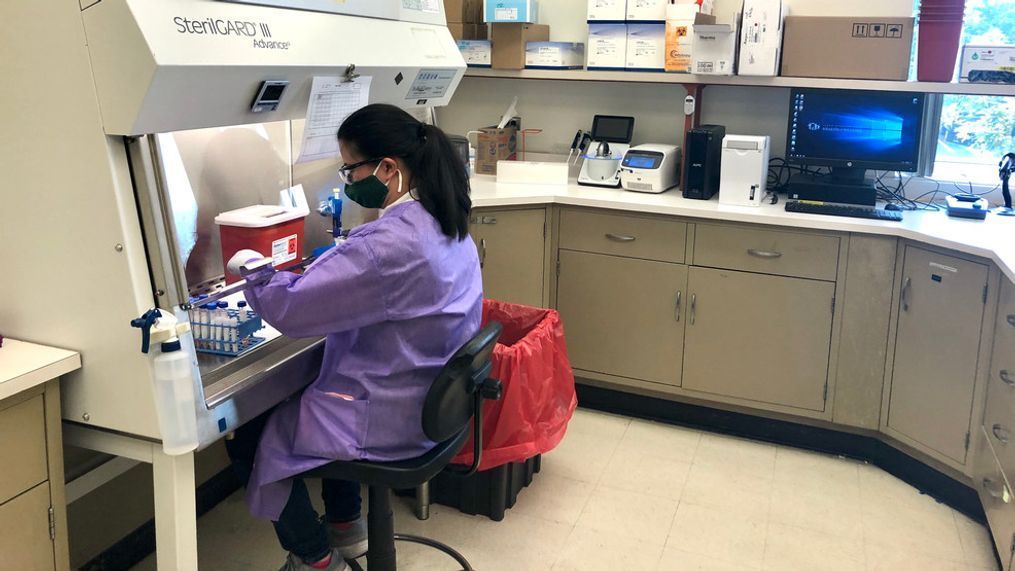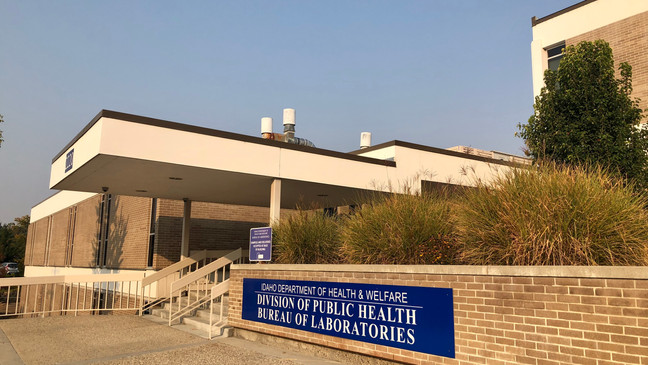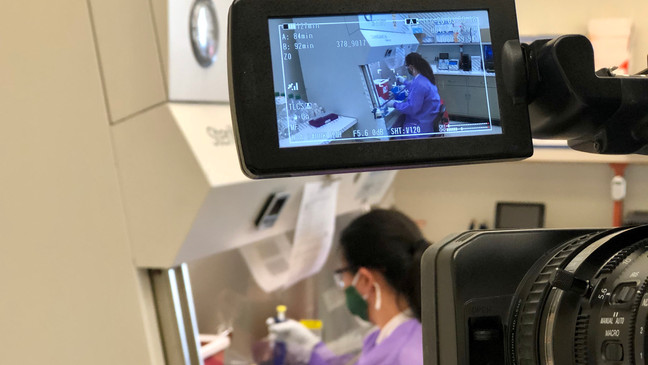WATCH: Behind the scenes of the lab where Idaho COVID-19 tests are processed
BOISE, Idaho (CBS2) — Staff at the Idaho Bureau Laboratories are busy.
“We’ve tested more coronavirus samples, this year than all of the testing we did laboratory wide last year,” said Lab Director Dr. Christopher Ball.
Polymerase Chain Reaction Test samples are brought to a no-contact drop off area at the lab where they are sorted and documented.
Once they are sorted, they are taken to another section of the lab where the virus is extracted from the sample and later detected in a different room through a digital system. A computer shows which tests have the virus and which ones don’t.
“We need to make sure that we are double checking all of the results that we provide so that we give you the most accurate results possible,” said Dr. Ball.
IBL Scientist Matthew Burns says working in public health, he is keeping people in mind.
“We try to remember that each tube represents a person, and it's someone whose life has gotten a bit more difficult,” Burns said. “The stakes are really high, so it’s why we try to do our best in the tests that we run.”
Dr. Ball says that testing is just part of the picture, and the process continues with everyone.
“You need to work with your health care provider to be able to appropriately interpret those test results in the context of your illness or your exposure.”
Dr. Ball says while they’ve ramped up testing, the demand continues to be high.
“We started at 20 samples per day. And then over the course of the pandemic response, we've had to add in additional instrumentation additional staffing," said Dr. Ball. "And now we routinely will test between five and 600 samples a day, about 2500 samples per week.”
He says there are multiple reasons more tests are coming through their doors. He says this can be due to ‘coronavirus fatigue’.
“I think one of the factors that has led to spread as people may be letting their guard down a little bit by thinking that the numbers are getting lower,” said Dr. Ball. “So many think ‘I don't need to wear my mask all the time, maybe I don't have to be as cautious as I have been in the past.’”
Dr. Ball says that until we have a vaccine, it comes down to personal responsibility to control COVID-19. He says we still aren't at the point of unlimited testing.
"Even though we don't like doing it, we need to make sure that we continue to wear our masks, we continue to distance ourselves from others as best we can, have good hand hygiene, and really look out for each other," Dr. Ball said. "Because ultimately at the end of the day, we are the ones who have control over how well we control this."
As for the test samples themselves, the Idaho Department of Health and Welfare says the samples are discarded in a biohazardous waste disposal container. They are then destroyed at an offsite location.



